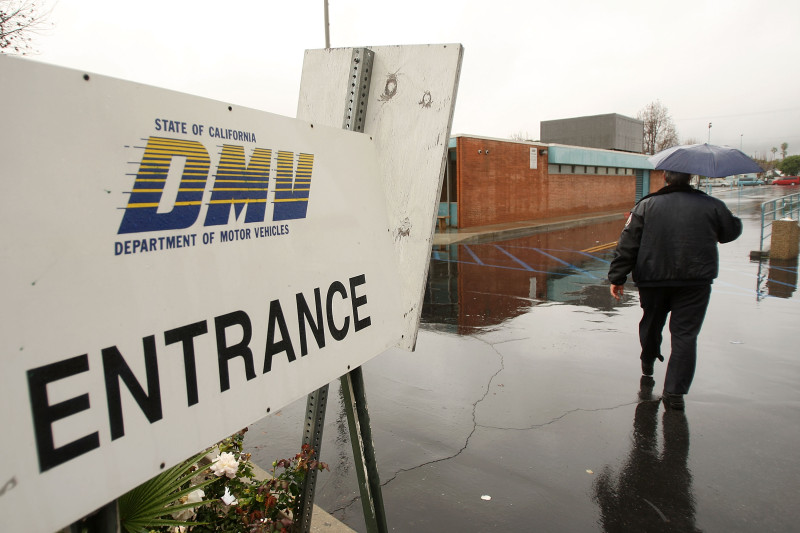"Last Week Tonight" host John Oliver picked up on the issue of warrants being issued over traffic tickets and ran with it in a segment that aired a couple weeks ago. It also came up during the March 31 San Francisco Board of Supervisors' meeting, when Supervisor John Avalos called for a hearing to examine how driver's license suspensions can disproportionately impact low-income residents in San Francisco.
"What are the systems that we have in place in our different departments and in the justice system that actually lead to licenses being suspended?" Avalos asked.
To find out, he's called on city departments to provide data relating to driver's license suspensions as a first step toward finding ways to lessen unnecessary financial burdens at the local level.
"A person has to pay a lot of money to get that driver's license back," Avalos pointed out. "If you're low-income and don't have a job, that presents a real barrier to making positive changes."
As it turns out, civil rights advocates in California have been working on changing state law around driver's license suspensions for years, characterizing it as a racial and economic justice issue that effectively bars low-income drivers from escaping poverty.
Meredith Desautels, a racial-justice staff attorney at the Lawyers’ Committee for Civil Rights of the San Francisco Bay Area, said her organization has partnered with the East Bay Community Law Center and the Western Center on Law and Poverty in recent years to push for state-level reform on this issue, but their efforts have been unsuccessful.
"The issue was really apparent in 2011 and has only increased in severity," Desautels said. Despite widespread support in policy committees, Desautels said, "The holdup is in the fiscal committees."
In February, in coordination with the Lawyers Committee and several other organizations, Sen. Robert M. Hertzberg (D-Van Nuys) introduced SB 405, placeholder legislation for another bid at legislative reform to reduce the number drivers' license suspensions.
According to the text of that bill, over the course of five years there were suspensions of "more than 2.7 million driver's licenses for drivers' failure to appear in court or failure to make payments ordered by a court," reasons that have nothing to do with public safety.
But Desautels, who is working with a host of advocacy organizations to issue a report on this, said more recent DMV data suggests that the real figure is much higher.
At this point she said data has shown that from 2008 to 2013, "There have been over 500,000 suspensions each year," but there were only around 10,000 license reinstatements in each of those years, she added.
The Lawyers Committee started advocacy work on this issue several years ago after encountering so many clients who faced major barriers to employment and other problems stemming from unpaid traffic violations that had spiraled into driver's license suspensions.
"I've multiple clients tell me, 'if only I could be arrested and get my fines cleared, I'd do it,'" Desautels said. "It's like a sentence to poverty."
Lawyers Committee Legal Director Oren Sellstrom outlined the problem in an op-ed that ran last year in the Daily Journal.
"Consider the case of 'Maria A.,' a single mother in San Francisco who until recently had been supporting her family by working in construction, a job that requires a driver’s license. When she received three traffic tickets, she was unable to pay them immediately since she was using her limited income to feed and clothe her two children. As a result, the San Francisco traffic court ordered her driver’s license suspended and placed her in the ultimate Catch-22: She must pay off her entire debt before the court will reinstate her license. But without her license, her employer won’t hire her back, so she has no way of paying off her debt. Nor will the court allow her to perform community service, since her debt has been sent to collections. In fact, she cannot even go before a judge to request any kind of common-sense solution to this vicious cycle; unless she posts bail for the full amount she owes, the court will not even schedule her matter."
In California, warrants are in fact issued for uncollected fines and failure to appear stemming from traffic infractions, Desautels said, but most often don't trigger arrests unless the fines are above $7,500. However, the larger issue of driver's license suspensions can send low-income motorists into a vicious cycle.
